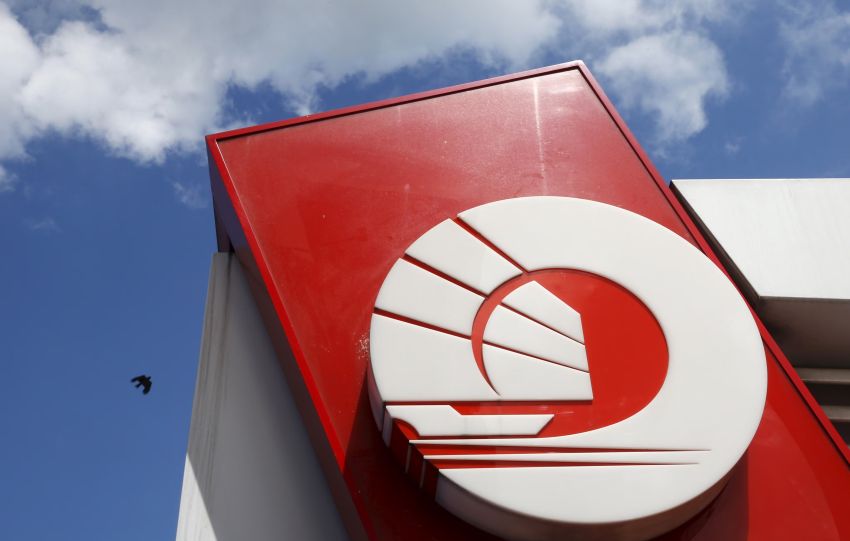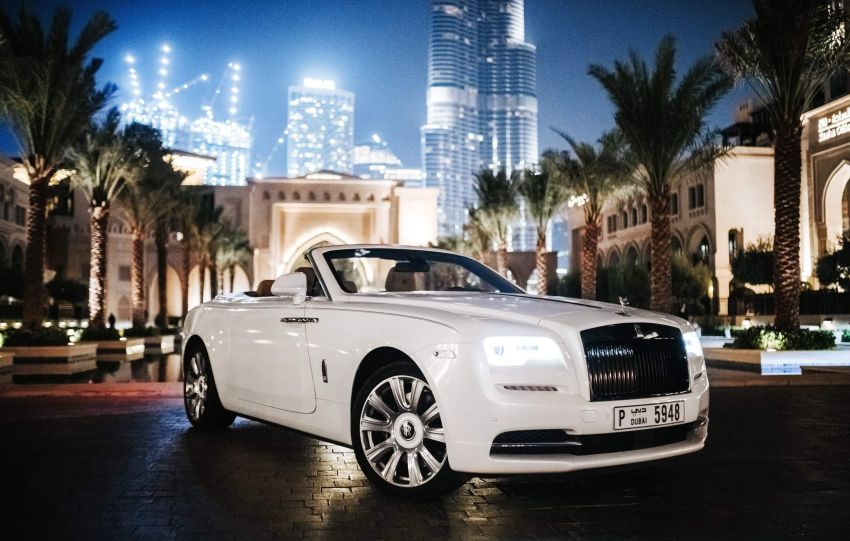Key Takeaways
- Dubai has been ranked eighth globally in the Global Power City Index 2024 and leads the Middle East for the second consecutive year.
- The city’s success is attributed to its robust infrastructure, which attracts investment and top talent.
- Dubai’s flexible legislation fosters innovation and adapts to global trends.
- Strong public-private partnerships have created a dynamic ecosystem for growth and collaboration.
- Dubai is highlighted for its innovation, economic dynamism, and global connectivity, solidifying its status as a major global hub.
- The Global Power City Index evaluates cities based on economy, R&D, cultural interaction, livability, environment, and accessibility.
Dubai’s ascent in the Global Power City Index for 2024, securing eighth place globally and taking the lead in the Middle East, has sparked widespread attention and admiration. This achievement is not just symbolic but highlights a confluence of strategic development and innovation. This blog post explores the factors contributing to Dubai’s impressive positioning, delves into the Global Power City Index, and analyzes the role of infrastructure, legislation, and partnerships in this success.
Understanding the Global Power City Index
Before we dive deep into Dubai’s unique strengths, it’s essential to understand what the Global Power City Index (GPCI) represents. Conducted by the Mori Memorial Foundation, the GPCI ranks cities based on their ability to attract citizens, capital, and enterprises from around the world. This multidimensional evaluation considers six core functions:
- Economy
- Research and Development (R&D)
- Cultural Interaction
- Livability
- Environment
- Accessibility
Each of these functions is crucial in determining a city’s global influence and attractiveness, offering a comprehensive snapshot of what makes a city thrive on the international stage.
Key Drivers of Dubai’s Success
Dubai’s remarkable climb in the GPCI can be attributed to several intertwined factors:
Robust Infrastructure: The Backbone of Economic Growth
Dubai is renowned for its state-of-the-art infrastructure, which serves as a magnet for global investments and talents. The city’s well-planned transportation systems, cutting-edge architecture, and efficient public amenities create an inviting environment for businesses and residents alike. The infrastructure not only boosts economic activities but also enhances the city’s livability by reducing congestion and promoting sustainable urban living.
Flexible Legislation: Innovation and Adaptability
Dubai has demonstrated a progressive approach by crafting flexible legislative frameworks that encourage innovation and swiftly adapt to global trends. This adaptability ensures that the city remains at the forefront of economic dynamism, constantly reinventing itself to meet the needs of a changing world. Policies promoting technological advancement, business ease, and international collaboration have been pivotal.
Public-Private Partnerships: A Dynamic Growth Engine
The strength of Dubai’s public-private partnerships has been instrumental in creating an ecosystem ripe for growth and innovation. By fostering collaborations between government entities and private organizations, Dubai ensures a dynamic interchange of ideas and resources, paving the way for groundbreaking developments across various sectors. These partnerships streamline processes, reduce red tape, and provide access to a broader range of expertise and capital.
Dubai as a Hub of Innovation and Connectivity
Dubai’s strategic development efforts have underscored its role as a beacon of innovation and global connectivity. The city has successfully cultivated a fertile environment for research and development, cultural exchange, and international business operations. Initiatives supporting technological ecosystems, such as smart city projects and fintech hubs, highlight Dubai’s commitment to future-ready living and working environments.
The Broader Implications of Dubai’s Global Standing
Dubai’s high ranking in the GPCI not only reflects its internal accomplishments but also serves as a blueprint for other cities aspiring to elevate their global presence. By investing in robust infrastructure, fostering flexible regulations, and nurturing public-private sector synergy, cities worldwide can enhance their international competitiveness and livability.
Dubai exemplifies a city that has effectively leveraged its strengths to create a sustainable, innovative, and globally connected urban environment. Its sustained success in the Global Power City Index stands as a testament to strategic planning, forward-thinking policies, and collaborative partnerships. For cities aiming to evolve into global powerhouses, Dubai offers valuable lessons in adaptability, infrastructure investment, and economic resilience.





